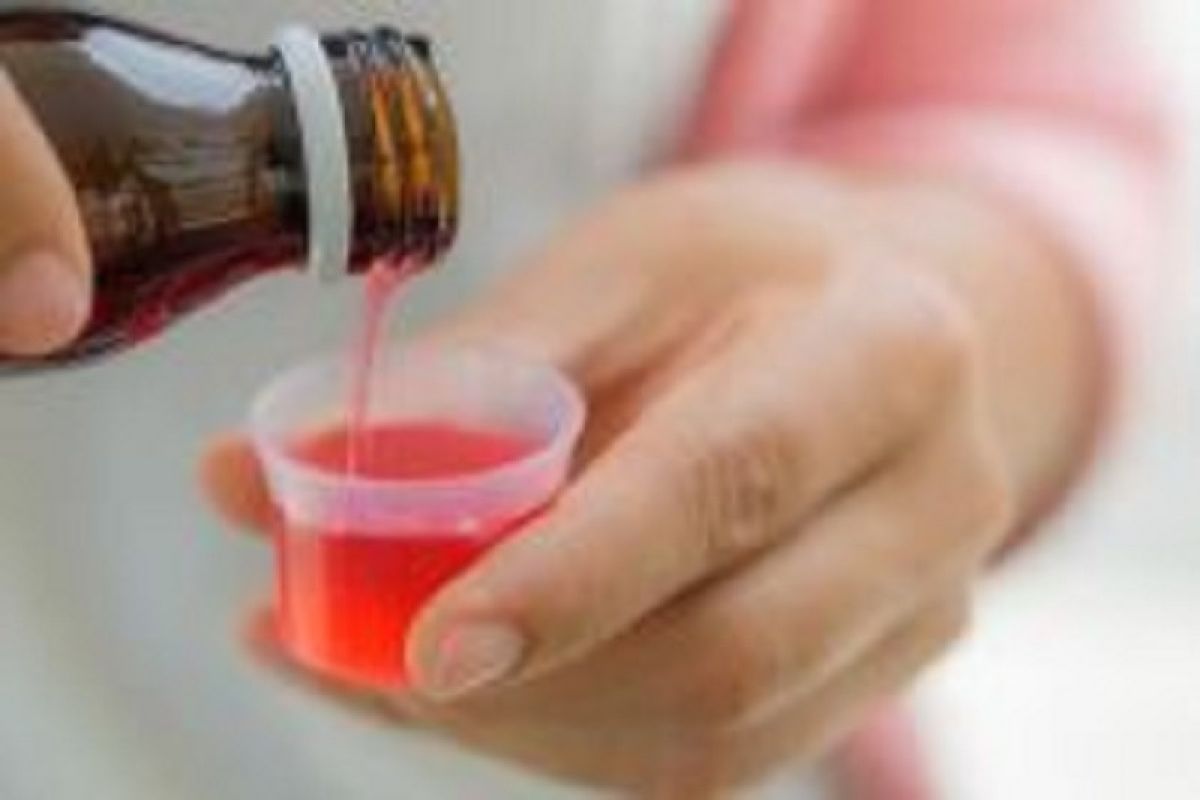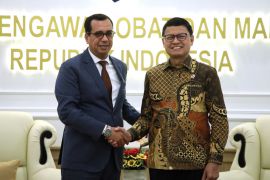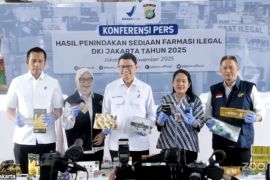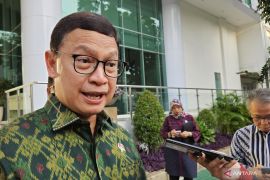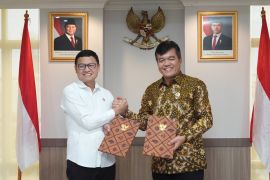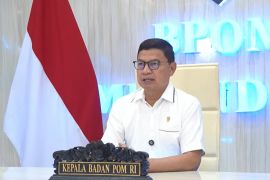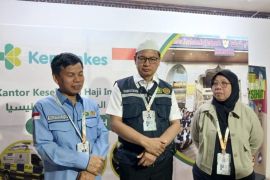Deputy Minister of Health Dante Saksono Harbuwono stated here on Wednesday that his side had moved to identify the cause of the cases, including the possibility of syrup medicines triggering acute kidney failure in children.
"The drugs have been examined at the central forensic laboratory. Currently, we are also identifying which other medicines can cause kidney abnormalities," he remarked.
Furthermore, the government did not forbid the use of paracetamol, he stated while adding that those being prohibited are syrup drugs containing ethylene glycol (EG).
"We are currently testing 15 to 18 drugs," the deputy minister remarked.
He appealed to the public in need of alternative medicines apart from syrup for their children to visit a doctor.
"The doctor will give you compounded medications and paracetamol (without EG contamination) that is still safe (to be consumed)," he noted.
The Health Ministry had also issued instructions on October 18, 2022, on the obligation to conduct epidemiological investigations and reporting of acute kidney failure cases in children.
Furthermore, the ministry has ordered all health workers to temporarily not prescribe as well as all pharmacies to temporarily not sell syrup medicines until the government gives further instruction.
Harbuwono also noted that the National Agency of Drug and Food Control (BPOM) had banned the use of EG and diethylene glycol (DEG) in all syrup medicine products for children and adults.
Currently, the BPOM is probing the possibility of DEG and EG contamination in drugs causing a spike in acute kidney failure cases in children following the findings of DEG and EG contamination in cough syrup for children in Gambia, Africa, which had claimed dozens of lives.
According to information quoted by BPOM from the World Health Organization (WHO), the drugs suspected of containing DEG and EG were Promethazine Oral Solution, Kofexmalin Baby Cough Syrup, Makoff Baby Cough Syrup, and Magrip N Cold Syrup, produced by Maiden Pharmaceuticals Limited, India.
The BPOM had ensured that the four medications, whose sale had been halted in Gambia, were not registered as drugs circulating in Indonesia. (*)


